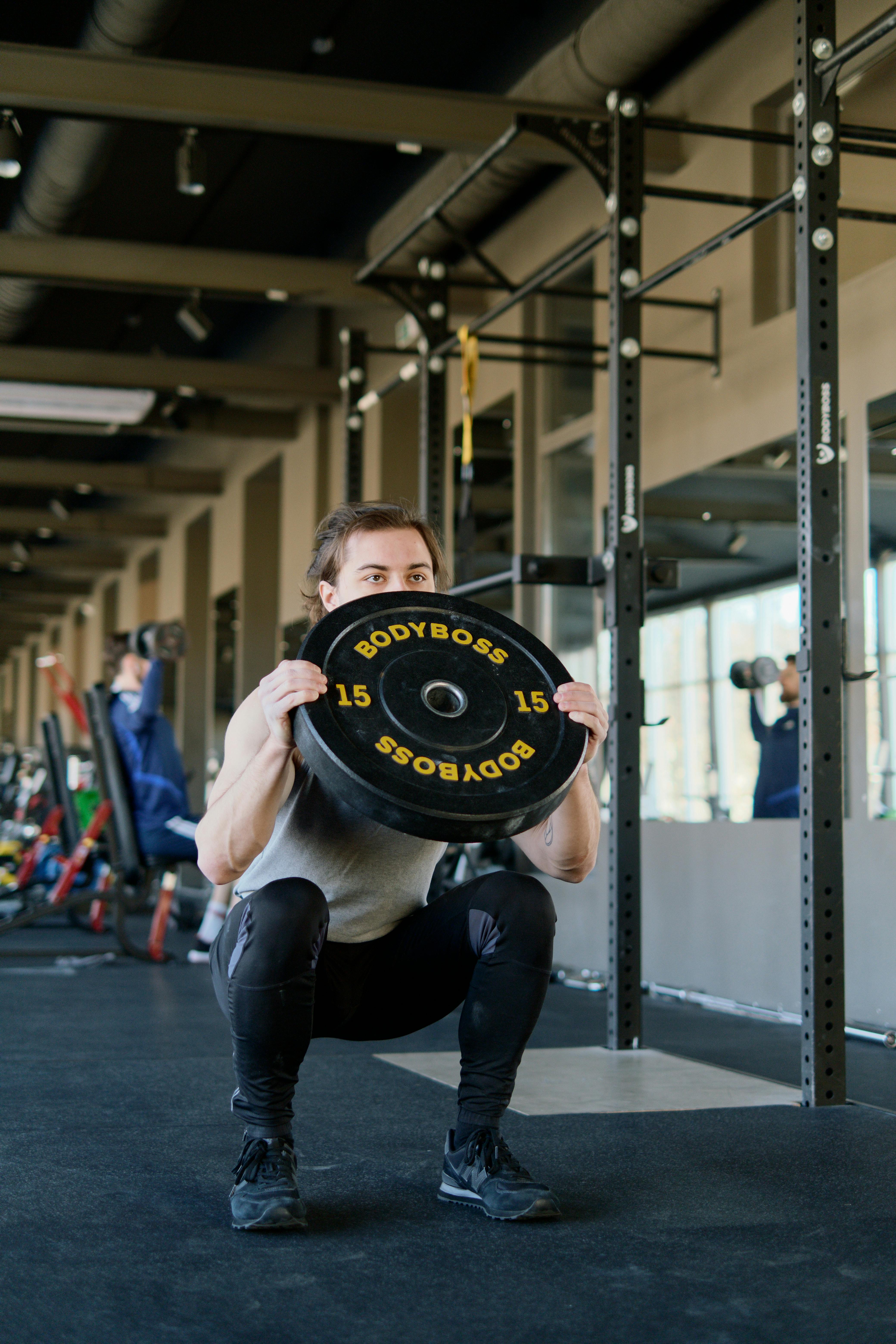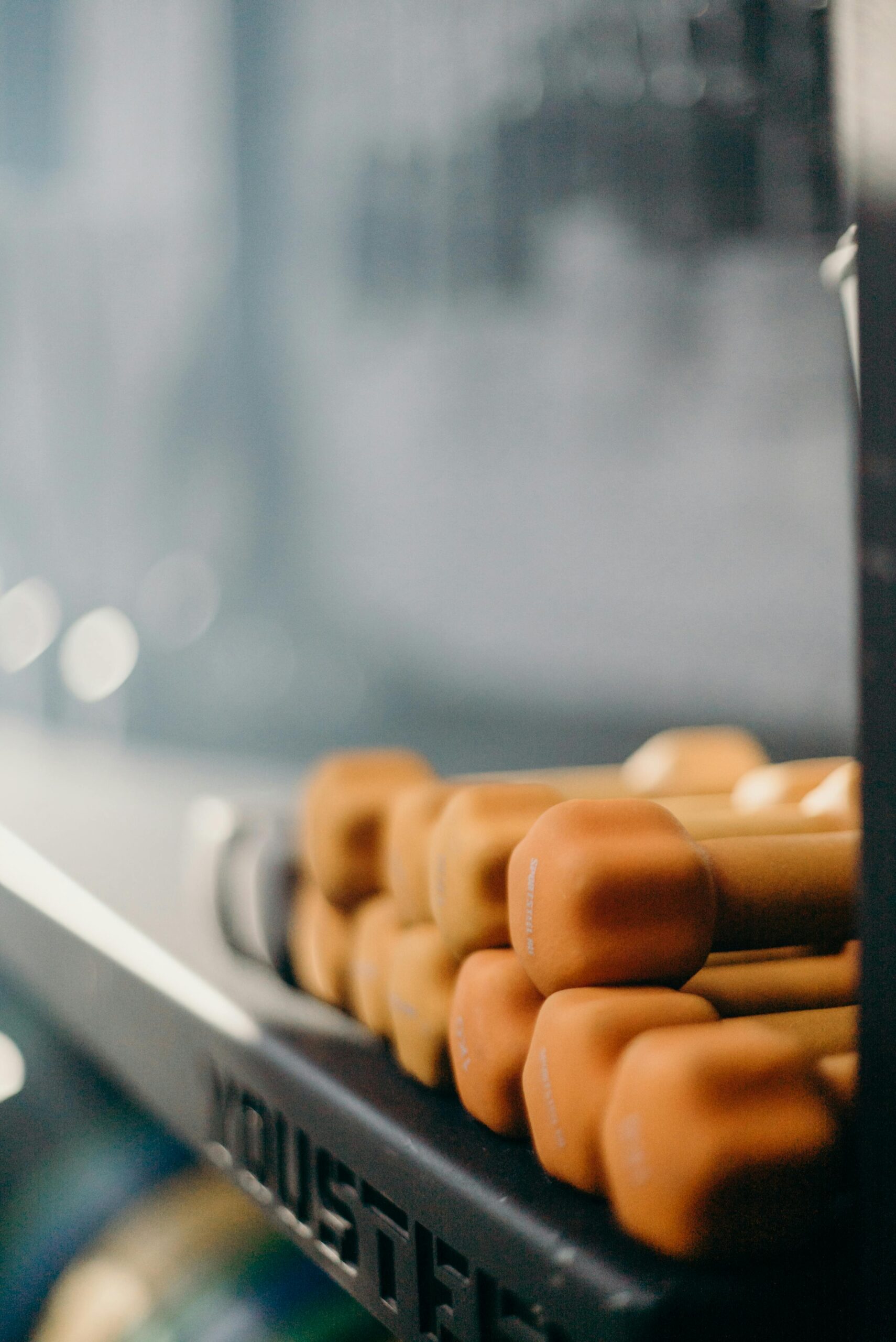Essential Guide to Gaining 10 kg Muscle Mass: Effective Strategies for Success in 2025
Gaining muscle mass, especially for fitness enthusiasts and bodybuilders, is a common yet challenging goal. Understanding how to effectively gain 10 kg of muscle mass requires a combination of optimal training techniques, nutrition science, and the right mindset. In this article, we will explore essential strategies to enhance muscle growth, perfect your workout routines, and adopt smarter eating habits. As we delve into these concepts, we’ll provide helpful tips to motivate you on your fitness journey and assist you in overcoming any obstacles you may encounter.
The importance of muscle mass goes beyond aesthetics; it significantly impacts your strength, athletic performance, and overall health. Through a tailored approach, you’ll learn how to structure your training, track your nutrition, and ultimately, achieve your fitness objectives. This comprehensive guide is designed for anyone aiming to transform their physique and can benefit both beginners and seasoned athletes alike. Let’s get started!

Effective Training Strategies for Muscle Gain
When it comes to building muscle, training is a fundamental aspect that cannot be overlooked. The right training program not only encourages hypertrophy but also helps manage body composition effectively.
Understanding Hypertrophy
Hypertrophy refers to the increase in muscle size resulting from consistent strength training. This physiological response occurs when fibers undergo micro-tears during workouts and subsequently repair, leading to a larger muscle structure. To maximize hypertrophy, it’s essential to incorporate various training modalities, including compound and isolation exercises that target different muscle groups.
Key consideration: Focus on keeping the training volume high, with moderate repetitions (6-12 per set) to stimulate growth effectively. Including a progressive overload—gradually increasing weights or adjusting training intensity—is crucial for continuous improvement.
Developing a Training Plan
An effective training plan for gaining 10 kg of muscle mass should include both resistance and cardiovascular training. A balanced schedule of 4-6 days a week can be beneficial.
Example of a weekly plan:
- Day 1: Chest and Triceps
- Day 2: Back and Biceps
- Day 3: Legs
- Day 4: Shoulders and Abs
- Day 5: Full Body Workout
- Day 6: Active Recovery / Cardio
- Day 7: Rest
Ensure that each workout includes a mix of heavy weights for lower repetitions and lighter weights for higher repetitions, promoting muscular endurance and strength simultaneously.
Monitoring Progress and Adjustments
Tracking your fitness journey is key to keeping you accountable and achieving your goals. Progress can be monitored through fitness journaling or fitness apps designed for bodybuilders. This way, you can assess your workouts, make necessary adjustments, and celebrate small victories that lead to larger successes on your journey.
As you progress, be sure to modify your workout routine every 6-8 weeks to prevent plateaus and maintain motivation. Transitioning between strength training and hypertrophy cycles can also enhance your results.
Nutrition Insights for Optimal Muscle Growth
While training is essential, nutrition plays a critical role in building muscle mass. An appropriate nutritional strategy will support recovery, boost performance, and enhance muscle synthesis.
Macronutrient Balance for Bodybuilders
A successful muscle gain diet should focus on the three main macronutrients: carbohydrates, proteins, and fats. Each serves a specific purpose in muscle development.
Protein is particularly vital as it provides the building blocks for muscle recovery and growth. Aim for 1.6-2.2 grams of protein per kilogram of body weight. Sources to consider include chicken, fish, lean beef, eggs, and plant-based options like legumes and quinoa.

Importance of Caloric Surplus
To gain muscle mass, you need to consume more calories than your body expends. This caloric surplus is fundamental when trying to gain weight, as it provides the energy required for muscle growth. To find your daily caloric needs, consider using a maintenance calorie calculator and add an additional 250-500 calories depending on your fitness goals.
Nutritional Timing and Meal Preparation
Feeding your body properly before and after workouts can make a substantial difference in your muscle-building results. Consuming a balanced meal containing carbs and proteins within a 2-hour window post-workout can accelerate recovery and enhance muscle synthesis.
Meal prepping ensures that you have healthy options readily available, eliminating the temptation to indulge in unhealthy choices that could jeopardize your progress. Consider planning your meals around nutrient-dense foods and ensuring a diverse range of vitamins and minerals.
The Role of Supplements in Muscle Growth
In addition to a well-structured workout and nutrition plan, supplements can provide added support in your muscle-building journey. While not a substitute for real food, they can enhance performance and recovery.
Protein Supplements
Whey protein and plant-based protein powders are popular among athletes for their convenience and high protein content. They can be used post-workout to ensure adequate protein intake when you may not have a solid food option available.
Creatine for Performance Enhancement
Creatine is a well-researched supplement that boosts strength and power output, allowing for more intense training sessions. Regular use can help you to attain the required muscle mass goals faster.
Other Nutritional Supplements
Leucine, BCAAs, and Omega-3 fatty acids are also essential, as they may enhance muscle recovery and support overall health, contributing to higher performance levels.
Psychological Aspects of Muscle Building
Building muscle isn’t just a physical challenge; it’s also a psychological endeavor. Your mindset plays a significant role in achieving fitness goals, and understanding this can lead to incredible transformations.
Establishing Goals and Motivation
Setting Clear, achievable milestones can keep motivation levels high during your muscle-building journey. Employing SMART goals (Specific, Measurable, Achievable, Relevant, Time-bound) can guide your progress and help you stay focused.
Developing a Strong Mind-Muscle Connection
Training with intent means engaging your muscles properly during workouts. Concentrate on the muscle groups being trained, and work to establish a strong mind-muscle connection which can significantly impact your results.
Tracking Achievements and Progress
Consider documenting your workouts, nutrition, and achievements in a fitness journal or via a fitness app. This encourages reflection, adjustment, and an acknowledgment of your hard work as you progress.
Final Thoughts on Muscle Gain
Achieving your body transformation goals and gaining 10 kg of muscle mass requires dedication, consistency, and a holistic approach. By incorporating effective training methodologies, promoting proper nutrition strategies, utilizing appropriate supplements, and cultivating a robust mindset, you will be on the path toward successful muscle gain.
Stay engaged, track your progress, and, most importantly, enjoy the journey! With patience and persistence, your efforts will undoubtedly lead to remarkable fitness achievements. For more insights and tips on achieving your fitness goals, check out our related articles on training strategies and nutritional planning.
Its part of generated content. Can i generate another part?
